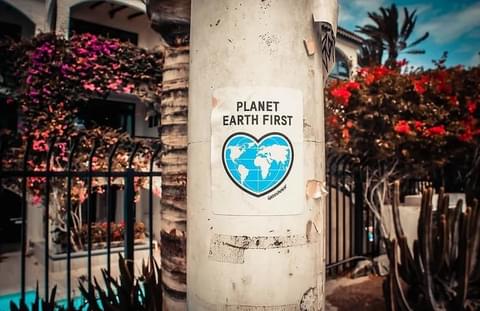Making Sustainability Sustainable
Combine the complex human mind with a complex problem like saving the earth and it's easy to see why it's taking so long to put things right.
The problem is that behaviour change is required, and people find it hard to change their behaviour even when they want to. Psychological research has long demonstrated that sustained human behaviour change is tremendously difficult.
Consider the movement in the UK to eliminate single use plastic bags.
Although the 5p carrier bag charge has led to an 80% reduction in single use bags, more than half of UK shoppers say they are still routinely paying for supermarket bags of some sort on supermarket visits. Not bringing bags is a deeply ingrained habit, so behaviour change is taking time.
Brands face the challenge of consumers demanding more environmentally responsible products and packaging but face an inertia of behaviour change.

At Huxly we can also see counterproductive trends gaining momentum in the market place. Premiumisation of brands see everything from the demand for thicker substrates, more ritual in the unboxing (especially for tech products), and non-recyclable laminated packaging materials. This means heavier packaging, that requires more energy to manufacture and move around the supply chain, and more waste to dispose of at the tail end.
So how then are brands to navigate the tension between consumers expressed desire to be more altruistic, and the fact that we struggle to make behaviour changes?
The answer is for brands to think creatively about making these changes either effortless or enjoyable.
In his 2008 book Nudge: Improving Decisions About Health, Wealth and Happiness, behavioural economist Richard Thaler tells the story of a mission to reduce spillage around urinals in an airport. The clever solution was to etch small, photorealistic images of flies on the urinals, near the drain, to give people something to aim at. It worked like a charm, reducing spillage by 80% with a knock-on impact in the amount of cleaning products required. Thaler describes the phenomenon as a "nudge":
"a choice that alters people's behaviour in a predictable way without forbidding any options or significantly changing their economic incentives."

Another great "nudge" are the motion sensor recycling bins that make "nom nom" noises when you drop a can inside.
Initiatives that make good choices for the environment but require very little behaviour modification are also making waves, for example more and more consumers are accepting home delivered groceries in plastic crates that are taken away by the delivery person. So too will other mainstream products that do not require a behaviour change such as sneakers made from reclaimed ocean plastics (see https://www.adidas.co.uk/parley for more).
Coming up with simple ideas that make behaving sustainably easier and more fun is exactly the sort of innovation challenge we've designed Huxly for. Get in touch!





















